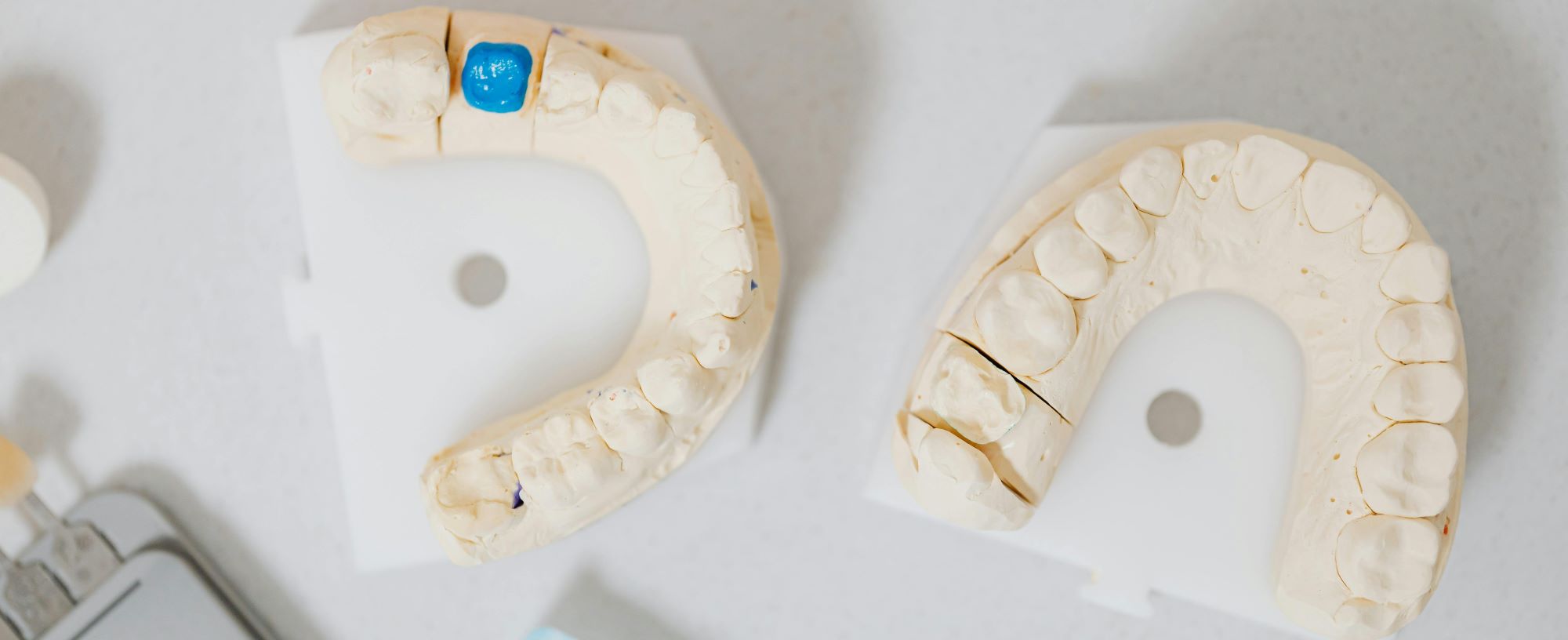
18 Mar How to Prevent Cavities
Cavities are one of the most common dental issues people face. They happen when bacteria in the mouth create acids that eat away at tooth enamel. Once a cavity forms, it requires treatment to prevent further damage. But the good news is that you can prevent cavities with the right habits. Taking care of your teeth is simple if you know what to do. Small daily changes can make a big difference. If you want to prevent cavities, follow these five essential tips based on expert advice.
Maintain Regular Dental Checkups and Cleanings
Many people skip dental checkups, but that’s a mistake. Regular cleanings remove plaque and tartar that daily brushing can’t reach. Tartar is hardened plaque that clings to your teeth. Once it forms, only a dentist can remove it. If left alone, tartar leads to cavities and gum disease. Dentists also check for early signs of tooth decay. Catching a cavity in the early stages means less pain and a smaller filling. If decay worsens, it can lead to infections or even tooth loss.
Experts recommend visiting a dentist at least twice a year. Some people, like those with a history of cavities, may need more frequent visits. Besides cleanings, dentists apply protective treatments like fluoride or sealants. These add an extra layer of defense against decay. Think of your dental visit as a tune-up for your mouth. Skipping checkups may save time in the short term, but it often leads to bigger problems down the road.
Brush and Floss Your Teeth Well
Brushing and flossing are your first line of defense against cavities. But not all brushing is effective. Many people rush through it or use the wrong technique. Brushing twice a day with fluoride toothpaste is essential. Fluoride strengthens enamel and makes teeth more resistant to acid attacks. Use a soft-bristled toothbrush to avoid damaging your gums. Hold it at a 45-degree angle and use gentle circular motions. Harsh scrubbing can wear down enamel and irritate your gums. Don’t forget your tongue and the back of your mouth.
Bacteria hide in those areas and contribute to bad breath and decay. Flossing once a day is just as important. It removes plaque and food particles between teeth where a brush can’t reach. Many people skip flossing, but it prevents gum disease and keeps cavities from forming between teeth. If traditional floss is difficult, try floss picks or a water flosser. Good oral hygiene is more than just brushing quickly. Taking an extra minute to floss and brush properly can prevent costly dental work later.
Limit Sugary and Acidic Foods and Drinks
Your diet plays a huge role in cavity prevention. Sugary and acidic foods feed harmful bacteria and speed up enamel erosion. Sweets, sodas, and processed snacks stick to teeth and create a breeding ground for bacteria. These bacteria produce acid that breaks down enamel, leading to decay. Energy drinks and sodas are especially harmful. Their high sugar content and acidity double the risk of cavities. Even diet sodas contain acids that weaken tooth enamel. Sticky foods, like caramel and dried fruit, are also dangerous. They cling to teeth and stay there for hours, feeding bacteria.
Instead, choose tooth-friendly snacks like cheese, raw vegetables, and nuts. These foods neutralize acids and help clean your teeth naturally. Drinking plenty of water is another simple way to protect your teeth. Water washes away food particles and keeps your mouth hydrated. If you do consume sugary or acidic foods, wait at least 30 minutes before brushing. Brushing too soon can spread the acids, causing even more damage to the enamel. A balanced diet isn’t just good for your body, it’s essential for a cavity-free smile.
Consider Fluoride Treatments
Fluoride is one of the best tools for preventing cavities. It strengthens enamel and helps reverse early tooth decay. Most toothpaste brands contain fluoride, but some people need extra protection. This is where fluoride treatments come in. Dentists offer professional fluoride applications that provide a higher concentration than store-bought toothpaste. These treatments help people at higher risk for cavities, such as those with dry mouth or weak enamel.
Fluoride treatments come in varnishes, gels, or foams. They are quick, painless, and can last for months. Drinking fluoridated water is another way to protect your teeth. Many cities add fluoride to tap water to help prevent cavities in the general population. If you’re unsure about fluoride treatments, talk to your dentist. They can determine if you need extra fluoride based on your risk factors. Fluoride is a powerful cavity fighter. Including it in your dental care routine can save your teeth in the long run.
Utilize Dental Sealants
Dental sealants provide an extra layer of protection against cavities. They are thin coatings applied to the chewing surfaces of molars. Molars have deep grooves that trap food and bacteria. Even with proper brushing, these areas are hard to clean. Sealants fill in those grooves, making it easier to prevent decay. They act as a barrier between your teeth and harmful bacteria. The process is quick and painless. A dentist paints the sealant onto the tooth, where it hardens in seconds.
Sealants are especially helpful for kids and teenagers, but adults can benefit too. If your molars are cavity-free, sealants can help keep them that way. If you want to keep your back teeth cavity-free, ask your dentist about sealants. They provide long-lasting protection with minimal effort.
Conclusion
Cavities don’t happen overnight. They develop over time when plaque, bacteria, and acids weaken tooth enamel. But with the right habits, you can prevent them. Visiting your dentist, brushing and flossing properly, eating tooth-friendly foods, using fluoride, and considering sealants all help prevent cavities. This is why Arlington Family Dental is open to help you achieve your best smile, and take all the steps necessary to prevent cavities. Schedule an appointment with us today!

About Our Team
Our team has over 30 years of combined experience in the field of dentistry and a passion for educating our patients on the importance of good dental hygiene. To learn more about them, please visit our team page
Our staff is dedicated to making sure that your entire experience is the best it can possibly be. Whatever your needs are, our team is trained to listen and offer the best advice and guidance in choosing the services that best meet your needs.

Sorry, the comment form is closed at this time.